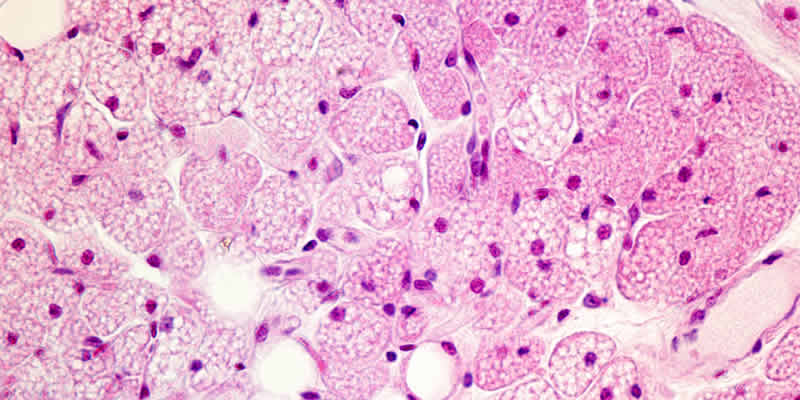A study has shown that the changes in how fat functions is one of the problems associated with obesity, rather than just simply an excess of fat.
Fat plays an important role in bodily processes including the immune response, the regulation of insulin sensitivity, and body temperature maintenance.
Fat’s plasticity, or how it responds to changes, declines with age and obesity, causing changes in cells, which can lead to insulin resistance, inflammation, and cell death.
- Childhood immunity not necessarily impaired by clean environments, study reports
- What is an Autoimmune Disease?
The findings have led the team behind the study to say that it is not just an excess of fat that can have negative health effects – changes in the function of fat play a part too.
The authors, led by Claudio Villanueva from the College of Life Sciences/David Geffen School of Medicine and Patrick Seale from Perelman School of Medicine at the University of Pennsylvania, said: “The central role of adipose tissue dysfunction in disease and the incredible plasticity of fat tissue supports the promise of modulating fat tissue phenotypes for therapeutic purposes.
“Many questions and opportunities for future discovery remain, which will yield new insights into adipose tissue biology and hopefully lead to improved therapies for human disease.”
The study has been published in Cell.




